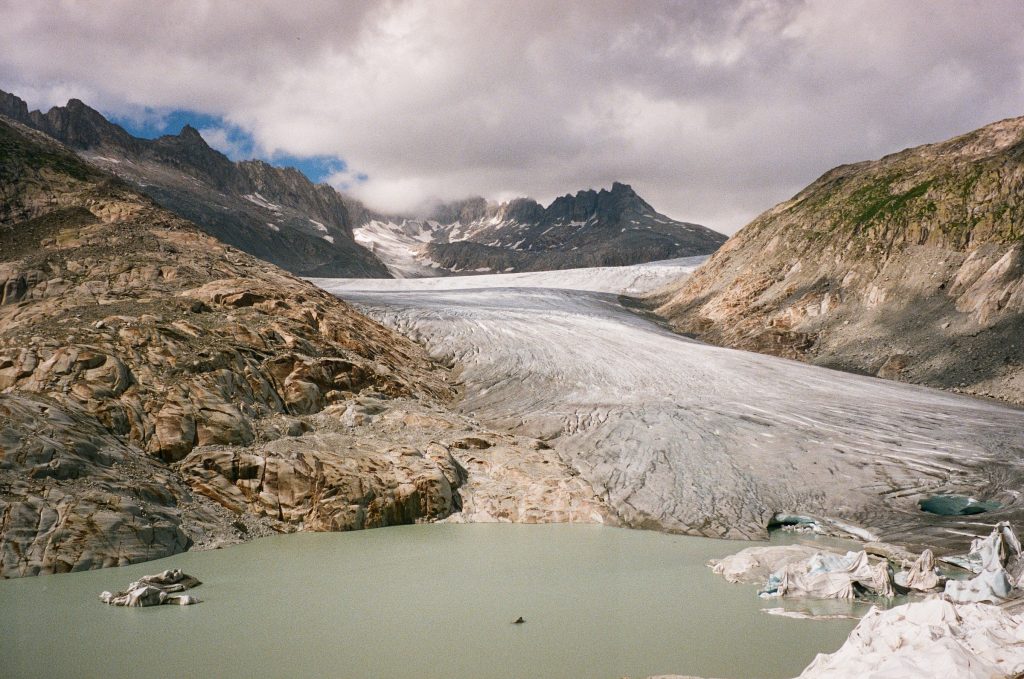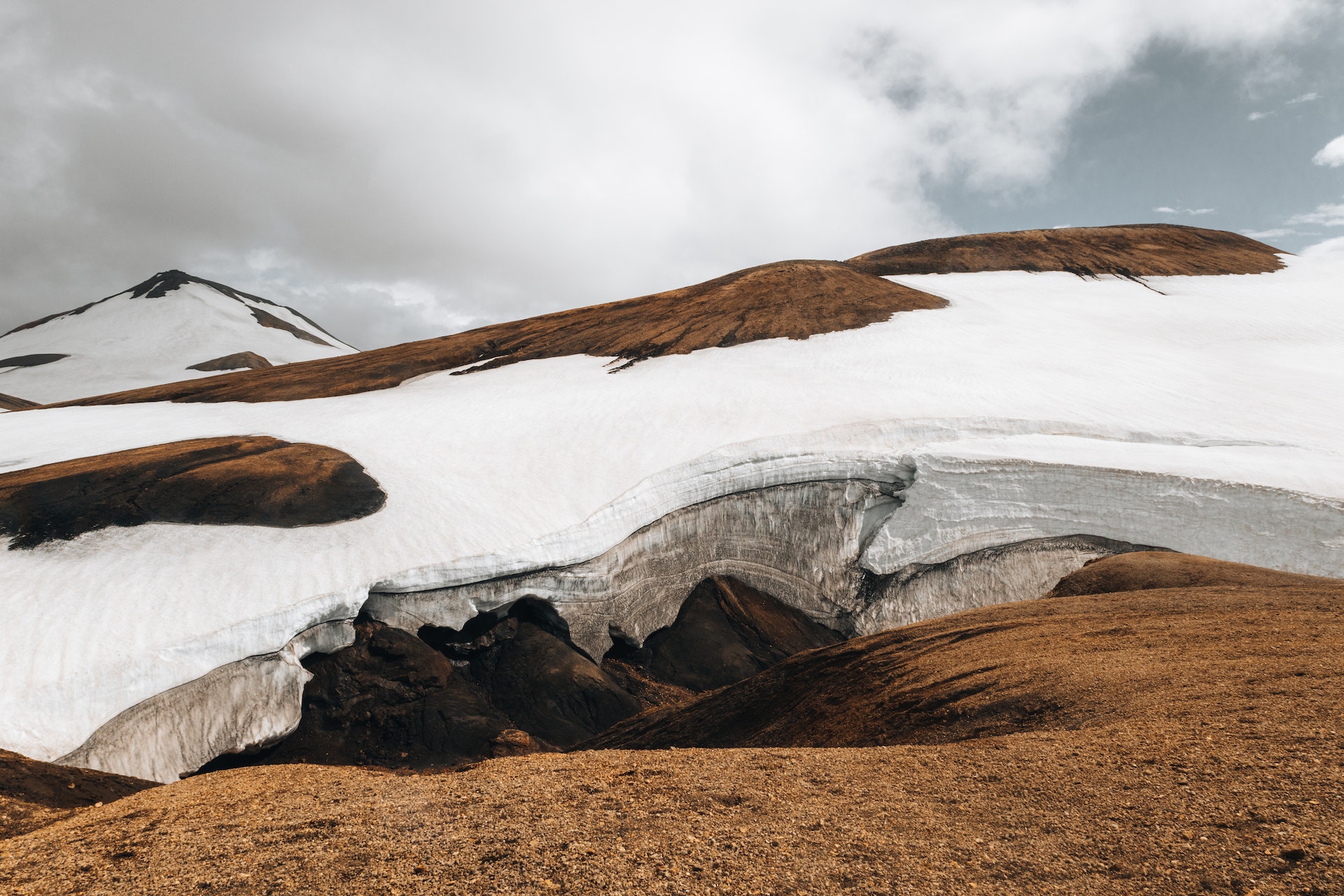
Switzerland’s Melting Crisis: An Unprecedented 10% Glacier Loss in Just Two Years
Switzerland, the picturesque heart of Europe known for its snow-capped mountains, pristine lakes, and enchanting landscapes, is facing a chilling reality. A staggering 10% of its glaciers have disappeared in a mere two years, sounding alarm bells for climate scientists and nature enthusiasts alike.
Swift and Unrelenting Glacier Loss
Recent research spearheaded by the Swiss Academy of Sciences (SCNAT) and Glacier Monitoring Switzerland (GLAMOS) has laid bare the alarming pace at which Swiss glaciers are retreating. The year 2022 recorded the most significant glacier decline since the onset of systematic measurements. The subsequent year, 2023, didn’t offer any respite, registering the second-highest loss. Such swift depletion, the SCNAT remarked, equates to the ice lost between 1960 and 1990 — a span of three decades.
The Perfect (Melting) Storm
What’s driving this swift demise of the Swiss glaciers? A confluence of meteorological factors seems to be at play. The Alps witnessed an acute scarcity of winter rainfall, and when paired with soaring temperatures, this created the perfect conditions for record-low snowfall and massive ice loss.
February’s snowfall measurements initially showed a modest rise at altitudes of 1,000 meters, closely mirroring the patterns observed in 1964, 1990, and 2007. However, these figures took a nosedive as the month progressed, resting at a dismal 30% of the long-standing average. Elevation seemed to offer no escape — at 2,000 meters, over half the automated stations recorded unprecedented 25-year low records.
Regions like southern Valais and the Engadin Valley, traditionally stable zones above 3,200 meters, reported several meters of melting, signaling a concerning departure from their past resilience.
Summer’s Scorching Fury
While the spring season momentarily seemed to promise a return to normalcy, June had other plans. Dry and exceedingly warm conditions hastened the snowpack’s meltdown, leading to its early disappearance — almost a month ahead of usual schedules.
Summer 2023 has been etched in history as the planet’s hottest since recording commenced. Switzerland, in particular, bore the brunt of this relentless heat. August to September witnessed meteorologists having to ascend to an unprecedented altitude of nearly 5,300 meters to mark the zero-degree ‘freezing point’ or isotherm, a significant jump from the previous year’s record at 5,184 meters. As Switzerland found itself in the grip of a fierce heatwave, sparse summer snowfalls stood little chance, quickly melting away and offering no respite to the beleaguered glaciers.

The Regions Bearing the Brunt
While the entire nation felt the ramifications of the warming temperatures, glaciers in southern and eastern Switzerland were especially hard-hit. Regions like southern Valais and the Engadin Valley reported an average ice thickness loss of up to three meters, dwarfing the figures from the notably hot summer of 2003.
While regions between the Bernese Oberland and Valais witnessed a marginally higher snow accumulation during the winter, they weren’t spared from the melting frenzy, registering an ice thinning of over two meters, a value described as “extremely high.”
A Bleak Outlook
The repercussions of these dramatic losses extend beyond mere numbers. Glacier tongues — the narrower segments of glaciers that stretch into water bodies — have started to collapse. Smaller glaciers, once symbols of Switzerland’s alpine beauty, have vanished altogether, leading to the suspension of measurements for glaciers like St Annafirn in the canton of Uri.
In Conclusion
Switzerland’s glaciers are more than just frozen water — they are iconic symbols of the country’s natural heritage, critical sources of freshwater, and barometers of the global climate health. The rapidity of their decline is not just a Swiss concern but a clarion call for the world. As the icy sheen of Switzerland’s landscapes fades, it underscores the pressing need for comprehensive climate action, lest we lose these natural wonders forever.
©eco-guardians.org